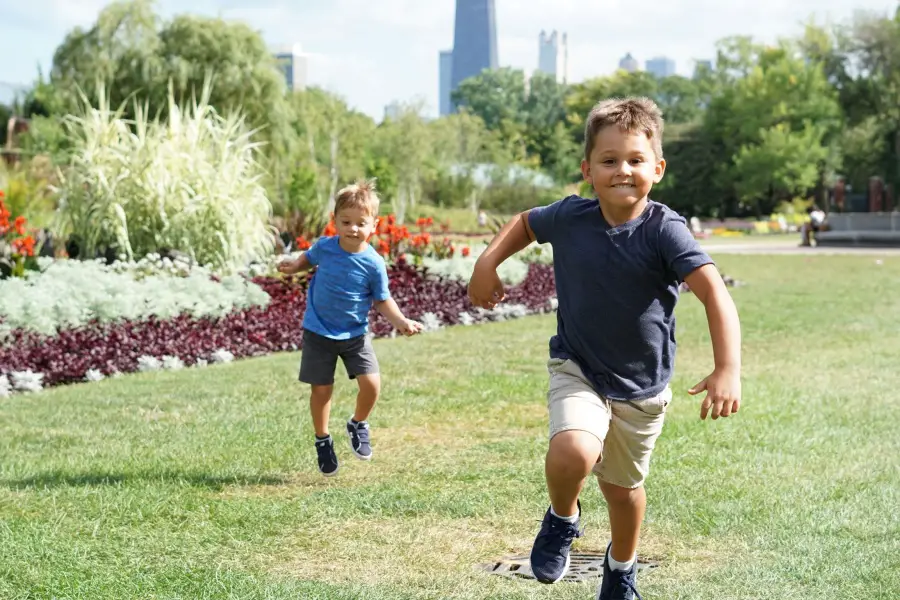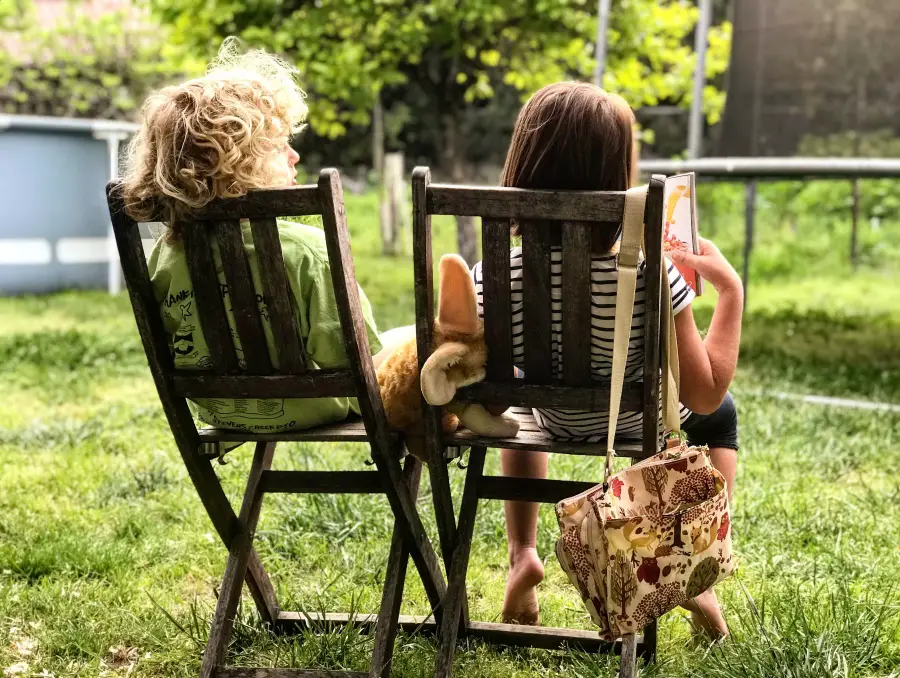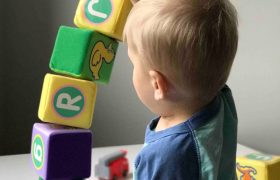How to Nurture Your Child’s Social and Emotional Development
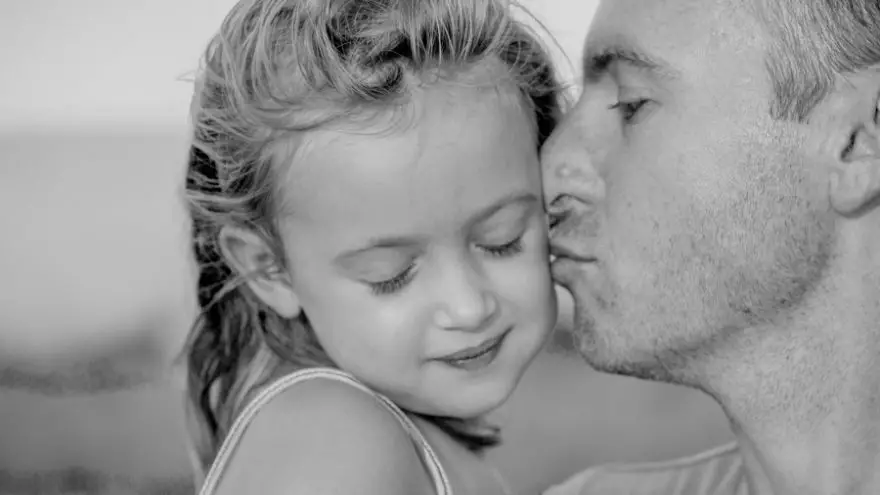
Parenting can be a tough job when it comes to the intricate web of patterns that flow through your child’s mind. There are many things to think about when you become a parent and of course, you have dreams of your child succeeding in life. The best way to look at this is to start nurturing your child’s social and emotional development, so they become healthy well-balanced young children that grow into well-balanced adults.
Parents have to remember that someone nurtured their social and emotional development and this is a critical step for you as parents to do the same. You might not agree with all the techniques your parents used, but you can learn from to use what you like and what you didn’t like as you grew up and entered adulthood. This is a process that starts at birth and parents build on as their children grow up.
The hardest years are the preteen years because they need more nurturing than ever to develop their social and emotional skills. They have to be able to know that they have to control their emotions in school and in public. These are also the years where socialization is very important in their lives.
Children are born with the desire to establish a relationship with the important people around them. Teachers and various caregivers are taught how to develop positive relationships with children from the time they are born and continuing through the early years of the children’s lives. These caregivers and teachers value the diverse cultures and different languages, and children feel safe and secure.
This is what lays the foundation for healthy social and emotional development. This is the process that affects how children see the world, learn how to express themselves, learn how to manage their emotions, and learn how to manage positive relationships with others.
Social and emotional development in children includes a variety of areas that are interrelated. This includes social interaction, being aware of their emotions, and knowing how to control their emotions.
Social Interaction
Social interaction mainly is about the relationships people share with others. This includes relationships with adults and peers. As time goes on and children develop socially, this is when they learn to take their turn, help friends, play well together and cooperate with others.
Emotional Awareness
This is a way the child can begin to recognize and understand their own feelings and actions and the feelings and actions of other people as well. This helps them understand how their own feelings can affect themselves and other people.
Self-Regulation
Self-regulation is the child’s ability to share their thoughts, feelings and try to control their behaviors in a socially appropriate manner. It’s important to teach your child not to be reckless when expressing their actions and to make good choices. In addition, they should be able to calm down if they are angry or overly excited.
When a child is persistent at hard tasks, this is an example of self-regulation or more easily known as self-control. Children that have early childhood teachers and caregivers are very important in playing a role with children’s social and emotional development. This role can be rewarding and challenging.
This is critical to giving children the support to learn about realistic expectations of the child’s development during different ages. An example would be having a realistic expectation of a toddler learning how to take turns and how easy this might or might not be. Another example is of an infant that is able to express emotions which happens quite early.
When the child reaches the age of being able to follow different directions, this helps the child feel more successful and less frustrated. This also pertains to teachers, caregivers and other aides involved. Research also says that a child that comes from a strong emotional and loving foundation in their early childhood years, can impact them powerfully in developing their later attitudes, behavior, academic achievements, career goals and the outcome of their adulthood.
Know That Every Child is Different
All children come with a unique set of experiences, abilities, and needs. Children also come from diverse families and different communities, so they bring a wealth of rich cultural and language strengths and perspectives with them. They also come with different learning needs and the approaches to those needs.
An example of this is one child might have a special need, developmental issues or disabilities, while another may have stress and loads of anxiety coming from their home environment due to trauma, abuse or neglect. It’s important for teachers to be well tuned in and aware of every child’s specific needs and where they are in the development process. That way the teacher can adjust their care accordingly, the environment, and their daily activities.
Teachers and caregivers might have to manage the expectations the parents have for each child’s behavior and learning process and remain sensitive to their individual needs. Also, they might have to get additional support to help the child grow.

The most important critical piece for children’s socialization and emotional awareness is for the staff to be connected to their families. This is what supports the positive development of all children. When teachers and caregivers connect with families to talk about their child’s progress, this benefits everyone, especially the children.
This is why early childhood programs are important because providers should be able to devise consistent opportunities during the year to teamwork on shared goals of the child’s learning and development and to go over the progress of these goals. It’s the providers’ job to set up times and figure out the best way to communicate with children’s families.
This may be by phone, email, text or notes that share different updates during the school year. Teachers can also create different opportunities for family time to visit or volunteer in the program in ways that are comfortable for the parent.
When a child is constantly struggling with challenging behavior, reach out to the child’s family as soon as possible to try to problem-solve. Additional experts like behavioral therapists in the community can also be included.
Working With Infants
It’s important for children to feel safe from the minute they come into the world and this includes love and security. This is what starts them on forming a strong, social and emotional foundation. Here are some examples of what you can do for your infant.
Talk, Read and Sing
Infants learn by watching and interacting with the family members around them. This is what makes them feel special is these simple interactions. In addition, they also feel safe and loved and this is what supports their early development.
Provide Consistent Love and Care
Parents should smile, laugh and cuddle with their infants as much as they can daily. Take your time and see what they are trying to tell you by studying their cues. Do they need a diaper change or attention? Are they hungry or need to be held? You can meet their needs by watching their cues both consistently and sensitively.
Have a Predictable Routine
When your infant knows what to expect daily, they feel safe and more secure. It’s important to follow the same routines and activities daily, like regular feeding times, naptime or reading books together before they go home to parents if they are in a daycare setting or with a provider.
Take Time to Know Each Child
Try to see what each child feels interested in and see how they are feeling. Are there certain activities they enjoy? If you follow their lead, this helps you as parents and caregivers know how to respond and plan activities around what interests them, what makes them eager to be with you and learn new things.
Support Your Child’s Developing Social Skills
These skills are the key to lifelong learning skills, happiness, and success. Infancy is the time that children start to learn social skills.
Play Social Games
Parents can start by playing peek a boo and take turns cooing back and forth. This is how babies start to learn the idea of taking turns. This is an important tool for building social skills later in life.
Be an Emotional Role Model
Infants start watching their parents at a very young age. Parents should respond by using kindness, respond calmly to situations and express joy because this is the key that helps them learn to behave and what to expect from their future relationships in life.
Imitate Your Child’s Facial Expressions and Sounds
Imitation is a very important skill for setting the foundation to learn how to interact with others. That is crucial for emotional and social development in early childhood.
Teach Them How to Recognize and Voice Their Emotions
Parents have to allow and encourage their kids to express how they feel, whether it’s positive or negative. This is what supports their social emotional development. Families express emotions in many different ways depending on their cultural backgrounds and it’s important to understand these different values if they differ from the norm.
- Talk about what you think an infant in your care is feeling. If you ask them “why do they look so sad?” You can also tell them “Let’s fix this problem!” This shows the child that you are aware of their feelings and are paying attention to them. This also shows them that you want to be there for them.
- Teach an infant in your care to self soothe and praise their behavior when they are happy. It’s ok if they are sucking on a finger or their fist because sucking will help babies self soothe and is the first step for them on how to manage their emotions.
- Learn how to read their moods if they are in your care. Infants start to feel a bunch of emotions very young. This is why it’s important for parents to pay attention to what their infant’s behavior is telling them. This will help you feel more confident when it comes to using the correct response.
- Is your baby looking at you calmly or smiling at both of you? This means he is ready to get you a reaction so smile back! You can also talk, sing, and interact in various ways with them.
- Is your baby crying or squirming around? They might be looking away from you or breathing heavily. This indicates they are overwhelmed, so cut down on the interaction and use your soft voice. You can carry them and sway back and forth to comfort them. You can also cuddle them or use swaddling.
Create a Predictable and Nurturing Environment
Parents that arrange a welcoming and well-formed emotional physical and emotional environment help their children feel very safe. This helps them encourage learning, playing and exploring. It’s important to create a positive relationship with yourself and your toddlers that are in your care.
If you are watching children, then make sure you greet everyone that comes into your home nicely and look directly into their eyes. Also, mention their names as they arrive.
Make one on one time during the day with each child, even if it’s a quick hug, a smile or a nice word of praise. Toddlers get cues from caregivers as well, and your positive attitude with these cute little kids can go a long way towards helping the toddler to feel safe and secure.
Use Age-Appropriate Books and Toys
Toddlers love to explore the environment they are in. It’s important to create space so they have safe access to appropriate toys that are age-friendly and they can go on their way and explore independently.
Routines are Important
Make sure all of their routines are predictable so they know what to expect daily to help them feel safe and secure so they have a sense of control. You can put up a daily visual schedule for the kids to see and refer back to your schedule during the day.
Include the children in on looking at what comes next on the schedule if they have completed a few tasks. If you change the routine, remember to tell the kids so they will know to expect something will be different.
See How Each Child Reacts to Their Surroundings
Every child is going to respond in a different manner to the other people around them. Do you have to notice if some stimulation is too much for certain children? Do you notice that they are becoming bored? Do they need more playtime and attention? There is the right amount of learning, playing, cuddling and rest time, that can help these toddlers feel safe, secure, interested and enjoying their activities.
Create a Celebration of Cultures
Families should be encouraged to include toys, books, stories, and songs that are indicative of their cultural backgrounds. This helps make the connection stronger with families because they are helping their children with self-esteem and a sense of appreciation of their own culture and they are starting them off at an early age.
The Importance of Supporting Children in Regards to Social Skills
Toddlers will always continue to hone their social skills by interacting with parents and the people who care for them. This is how they start to develop a relationship with their peers.
It’s important for parents to have realistic expectations regarding their toddler’s behavior. This is important for parents to understand how they can best support the social development of their child.
Recognizing Emotions and Talking About Them
It’s a good idea to create a safe and open environment for toddlers to notice and express the different feelings they are having to support healthy, emotional development.
- Don’t be afraid to talk about emotions because this can help young children understand themselves and the feelings of others. Find the chance to talk about and identify real and play emotions. This is why storytime is good because it’s a good opportunity to talk about the connection between behaviors and emotions. A good way to approach this is to talk about why the animals run away so fast from kids? It’s because the animal is feeling frightened.
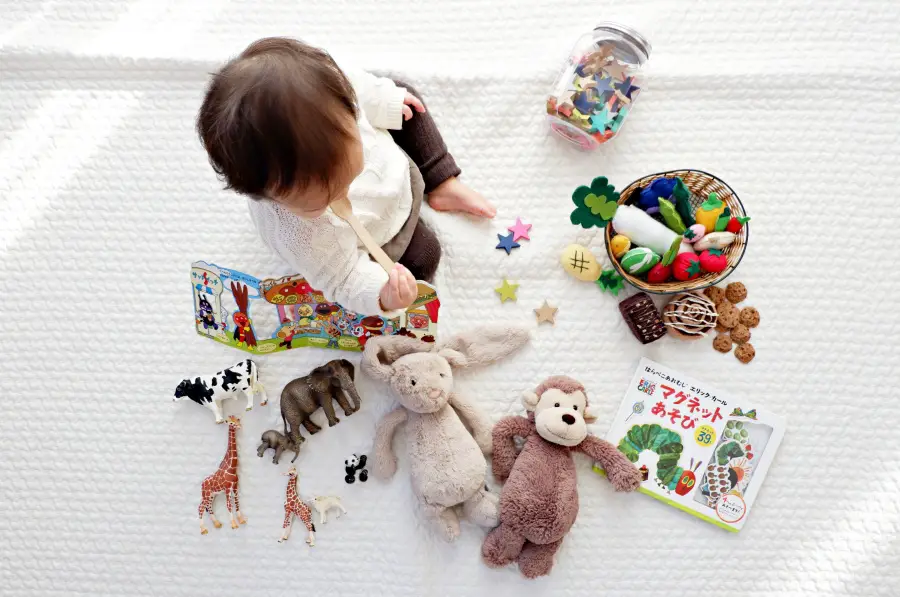
Offer Them Choices
Don’t be afraid to let children select activities they like including toys and snacks. If children can’t express their emotions and choices yet, use other forms of communication such as pointing at certain items or objects and pictures.
You can also sign for them if they are hard of hearing. When children can make their own choices, they feel like they are heard and have some control.
Teach Them about Sharing and Taking Turns
This is the age when toddlers learn how to share and take turns. This is a difficult task and takes time and practice for them to learn.
If you are having snack time, hand out two different kinds of snacks for each child and let them choose one snack to keep and one snack to share.
Encourage Early Friendships
Toddlers enjoy playing next to children instead of with their peers. Adult help is important for them to learn parallel play because this gives the toddlers a chance to work on sharing, taking turns, resolving issues, and learn the joy of friendship.
Talk about Emotions
It’s a good idea to create an open environment that is safe for toddlers to understand and learn how to express the multitude of feelings that they have to help support a healthy environment for them.
It’s important to identify and talk about a toddler’s emotions because this helps them understand their own emotions and the feelings of their friends. Look for ways to help them identify real and play emotions. It’s important to read stories to them that include the emotions of the character in the book so they understand why one was sad and how they resolved the problems.
Parents are the only real role models for children so it’s important to model how to use words appropriately and use other strategies to communicate about different emotions.
Encourage Toddlers to Describe Their Emotions
Parents can use pictures of emotions and label them for their children. You can also help toddlers put their feelings into words and talk about why they are feeling this way. Parents can always ask their toddlers “why they are feeling so sad?” Sometimes it’s as simple as the grandmother is leaving and toddlers feel safe with their grandparents.
Use Comfort and Reassurance
Tell your kids it’s ok to have stronger feelings at times, like feeling angry or frustrated, and you are always around to help them manage and control their feelings.
Teach Them to Control and Manage Their Emotions
You can start showing them ways to manage their emotions. Each child is unique and one child might want a hug while another may need some downtime with their favorite stuffed animal or blanket. They may also need to take deep breaths if they are overstimulated or need to calm down.

Look at Emotions from a Toddler’s View
- We feel safe when we can rely on our parents to meet our needs all the time and in a consistent manner and love being greeted with warmth and love daily
- We feel confident when you take the time to praise us for trying and keep encouraging us to try when we learn something new
- We feel you are listening when you look us in the eyes, tune into our thought patterns, feelings and recognize the things we point at or look at in the world.
- We feel secure when we know what to expect during the day and when we cuddle up to talk, bond, read, sing and play together.
- We feel happy when you play games with us and we do fun activities, laugh and behave silly together, and share funny stories
- We feel loved when you take care of all of our needs, hug us tightly, speak gently and show us care and patience.
Every day the children in your care feel safe, secure, and very much loved. Parents and caregivers all help lay the foundation for healthy, happy, social and emotional development of children. This is what helps to support them to become happier people and succeed in school and life.

